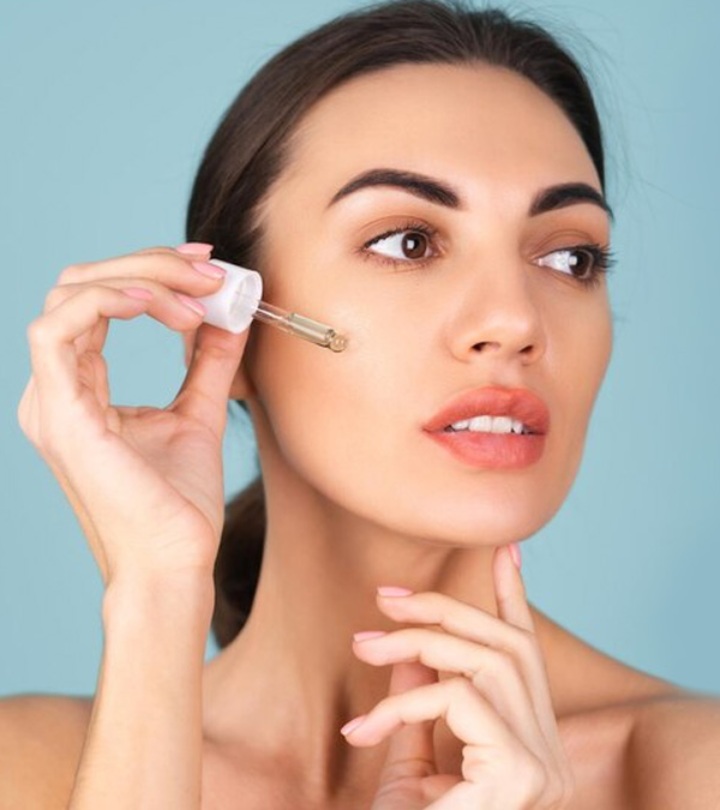Sustainability starts with you and your daily choices. Being more sustainable can be quite hard in the beginning but something as essential as your personal care is a great place to start.
With more and more people talking about sustainability and eco-friendly living, there’s more product options than ever which makes it easier to be more mindful about your daily personal care products.
Table of Contents
Getting Started
The first step towards a more sustainable personal care routine is doing research. Educating yourself on sustainable practices is important in terms of building long-term habits that will help you move towards a more sustainable lifestyle.
There is many resources online on harmful ingredients and companies you should avoid. Familiarising yourself with companies that offer sustainable products will make it easier to choose better options.
Another thing to look into is sustainable shops in your area. Some specialised shops offer refills on everyday hygiene products such as shampoos, liquid soap or shower gels, you just have to bring your own bottle.
This can help you minimise your plastic waste by reusing the same containers and might also save you a bit of money.
Making sustainable switches
Once you have researched the topic and know what options are available to you, you can start switching your everyday care items for their more eco-friendly counterparts, like eco handwash.
Regular soap bars and liquid soaps often contain alcohol, parabens and silicones that are not only damaging for the environment but can also be bad for your skin.
Furthermore they are usually packaged in plastic which cannot be recycled. Replacing them with eco, organic soaps will ensure your skin stays smooth and glowing while also minimising your waste.
Shampoos often come in hard plastic bottles which can not always be recycled. Moreover, many shampoo brands use harsh chemicals and sulphates that are bad for your hair and can lead to hair loss.
Switching to shampoo bars or just organic shampoo brands can keep your hair healthy and your conscious clean knowing you aren’t using excessive amounts of plastic in your bathroom.
Deodorants are stored in aerosol bottles which although made mostly out of metal which can be widely recyclable are bad for the environment and contribute to pollution even more than cars. Dry or roll-on deodorants are a much more conscious option.
You can take sustainability in your personal care one step further by also replacing your towels and the cotton pads you would usually use for removing your make-up or cleaning your face with a more sustainable alternative.
Sustainable materials you should look for include organic linen, organic or recycled cotton, bamboo linen and other.
What to look for when shopping?
When you’re in the shop looking to purchase products for your daily personal care, always pay attention to the packaging.
Whenever possible look for products that come in biodegradable, paper or cardboard packaging, or better yet no packaging at all. If that is not an option make sure any products in plastic packaging you do buy is recyclable.
For liquids such as shower gels, shampoos, or body lotions carefully read the bottles and make sure all parts of them can be recycled.
Alternatively, if there is a store near you that offers refill options on toiletries you can always save the bottles from products you’ve previously purchased and reuse them multiple times.
Most beauty products nowadays have logos on their packs that identify is a product is vegan or cruelty free which is helpful when you’re trying to make a sustainable choice. On the odd chance there’s nothing to identify if the product you’re buying is vegan a quick look at the ingredients will tell you all you need to know.
Avoid products that have glycerine, shellac or bee wax listed in the ingredients list. As well as that, if you’re buying products which contain palm oil make sure they have something on the packaging which identifies the company uses sustainably sourced palm oil.
If you’re shopping online always research the company you’re buying from and inform yourself on their practices regarding sustainability.
Try also supporting smaller businesses that offer organic products, even better if they’re handmade, that way you can be sure you’re not only getting great quality but you’re also supporting family ran businesses rather than a corporation.
Take it one step at a time
Sustainable living isn’t a competition. Even if you can’t be mindful in all areas of your life building a foundation by switching your habits is a good start. Take it step by step, gradually switching to more sustainable practices and products.
Sometimes it can be hard to find organic products supplied in your area or you simply don’t have the budget to be fully sustainable, because let’s face it organic products can be more expensive due to manufacturing costs and limited supply. But as long as you’re trying to be more conscious in your choices you’re doing great!











